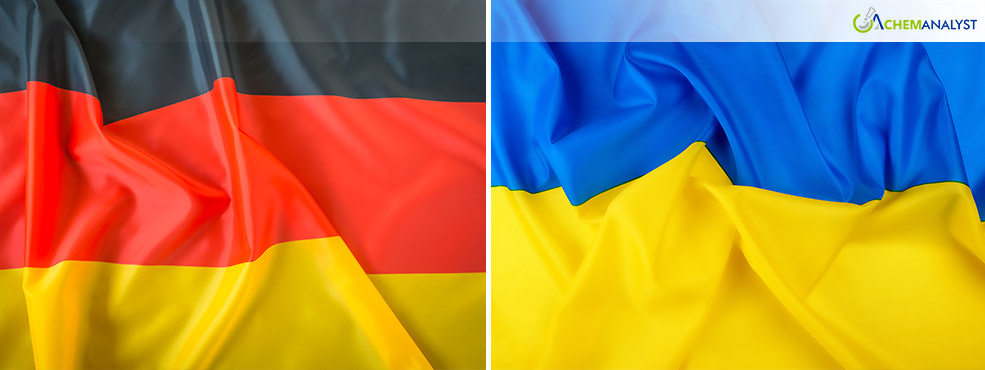Welcome To ChemAnalyst

Germany's power market is experiencing a period of dynamic flux, with year-ahead power futures prices dipping to their lowest point this year. This downward trend is primarily attributed to falling European natural gas prices, fuelled by emerging optimism surrounding potential peace negotiations between Russia and Ukraine. This development is particularly noteworthy given Germany's recent reliance on fossil fuels, especially natural gas, to compensate for persistently low wind power generation.
The German energy landscape has been significantly challenged by the prolonged "Dunkelflaute”, a period of low wind speeds which has persisted for four consecutive months. This phenomenon has severely constrained wind power output, forcing a substantial increase in fossil fuel-based generation to meet electricity demand. Consequently, German electricity prices surged in late 2024, January, and early February, reflecting the strain on the power system.
The recent U.S.-Russia brokered peace talks, which commenced in Saudi Arabia, have injected a degree of optimism into European energy markets. Speculation about potential sanctions relief for Russia, contingent on a peace agreement, has contributed to a sharp decline in European natural gas prices, with the Dutch TTF Natural Gas Futures, the European benchmark, experiencing significant drops. This gas price reduction has directly translated into lower power futures prices in Germany, which have decreased by 14% since early last week, according to data from the European Energy Exchange.
For chemical industry executives and energy experts, this price volatility highlights the complex interplay between geopolitics, renewable energy intermittency, and fossil fuel dependence. The German situation underscores the crucial need for diversified energy portfolios and robust energy security strategies. The chemical sector, a significant consumer of electricity, is particularly vulnerable to these price swings.
The narrowing spread between German and French power prices further emphasizes the evolving dynamics of the European energy market. The traditional premium commanded by German power prices over French prices has diminished, indicating a shift in relative energy costs.
Despite the recent price dip, Germany's electricity generation mix remains heavily skewed towards fossil fuels. Oil-fired generation has reached levels not seen since at least 2017, while gas-fired generation has hit a two-year high. These increases reflect Germany's efforts to manage the unpredictability of wind energy, which has underperformed during periods of peak demand.
The ongoing developments in the Ukraine peace talks have the potential to significantly reshape European energy markets. For the chemical industry, the current volatility emphasizes the critical importance of energy security and diversification as the sector navigates the transition to a low-carbon future.
The German experience provides valuable insights into the broader challenges and opportunities facing the European energy landscape, with significant implications for industrial sectors dependent on stable and affordable energy supplies. The chemical industry must closely monitor these developments and proactively adapt their energy strategies to mitigate risks and capitalize on emerging opportunities.
We use cookies to deliver the best possible experience on our website. To learn more, visit our Privacy Policy. By continuing to use this site or by closing this box, you consent to our use of cookies. More info.
